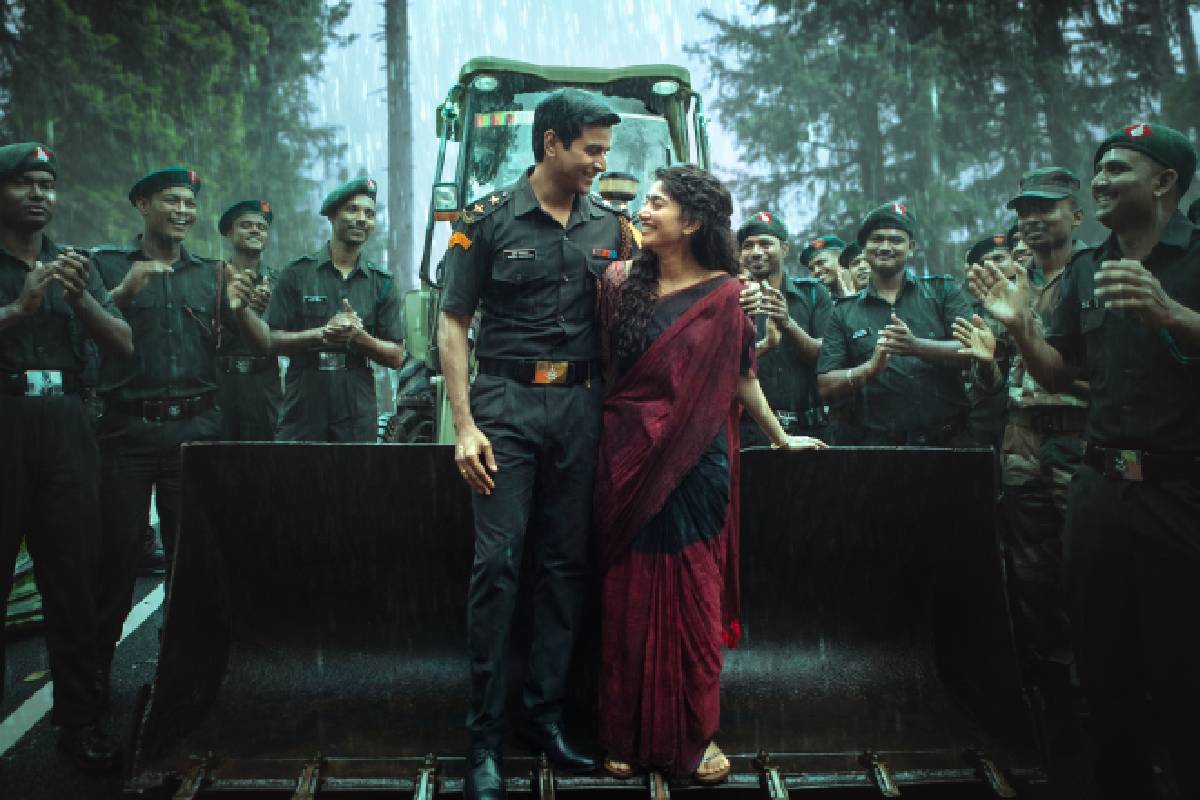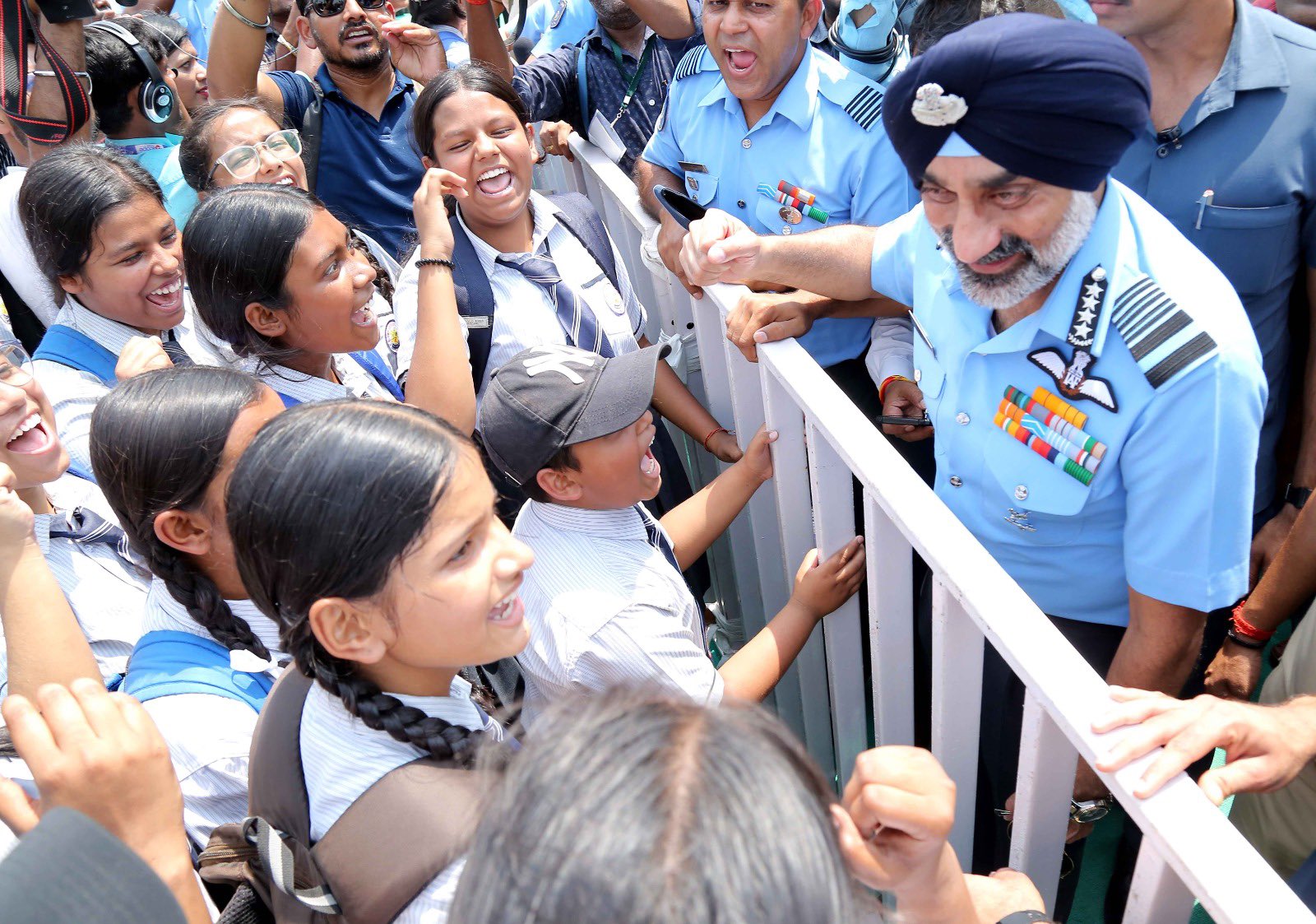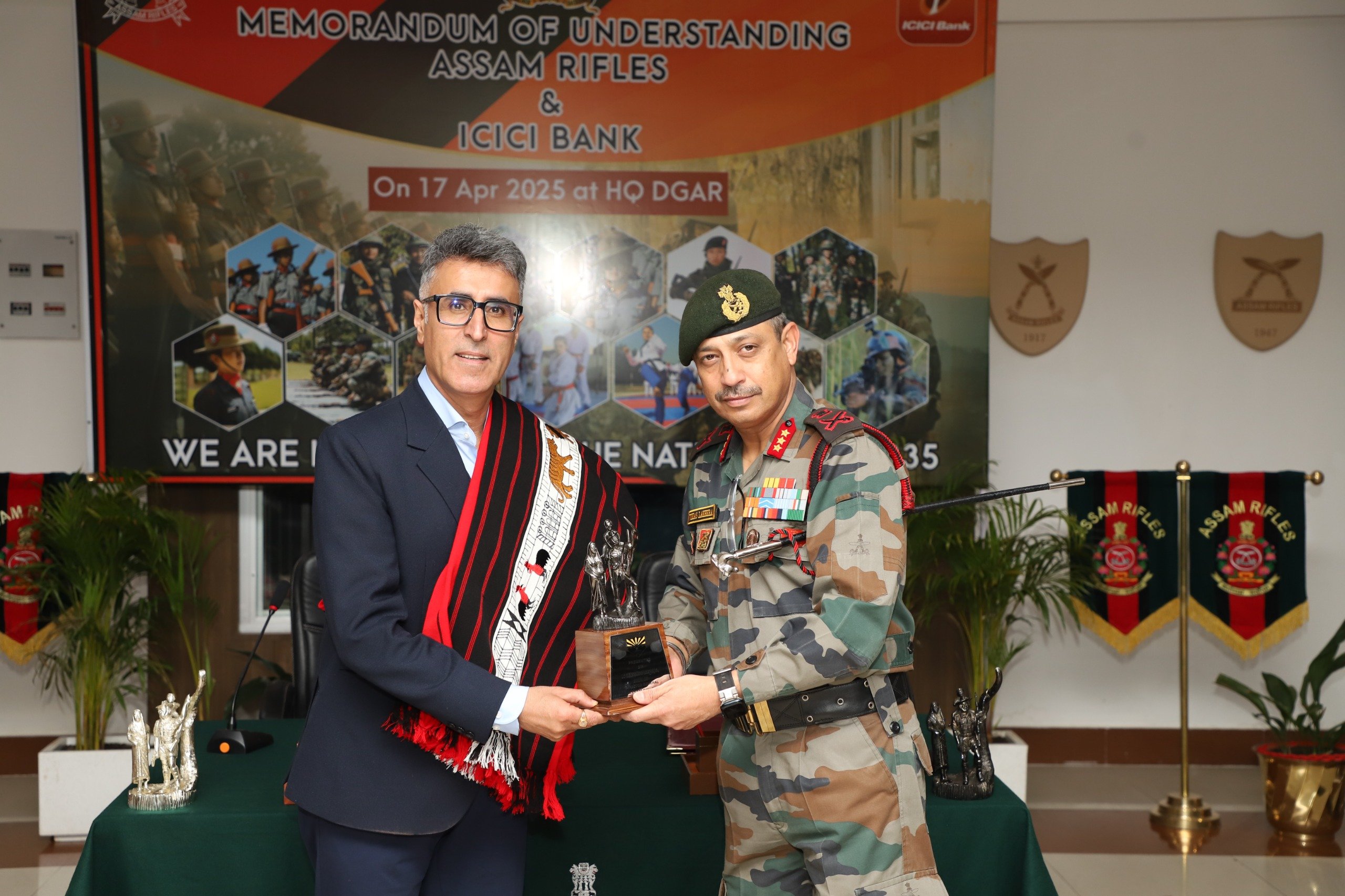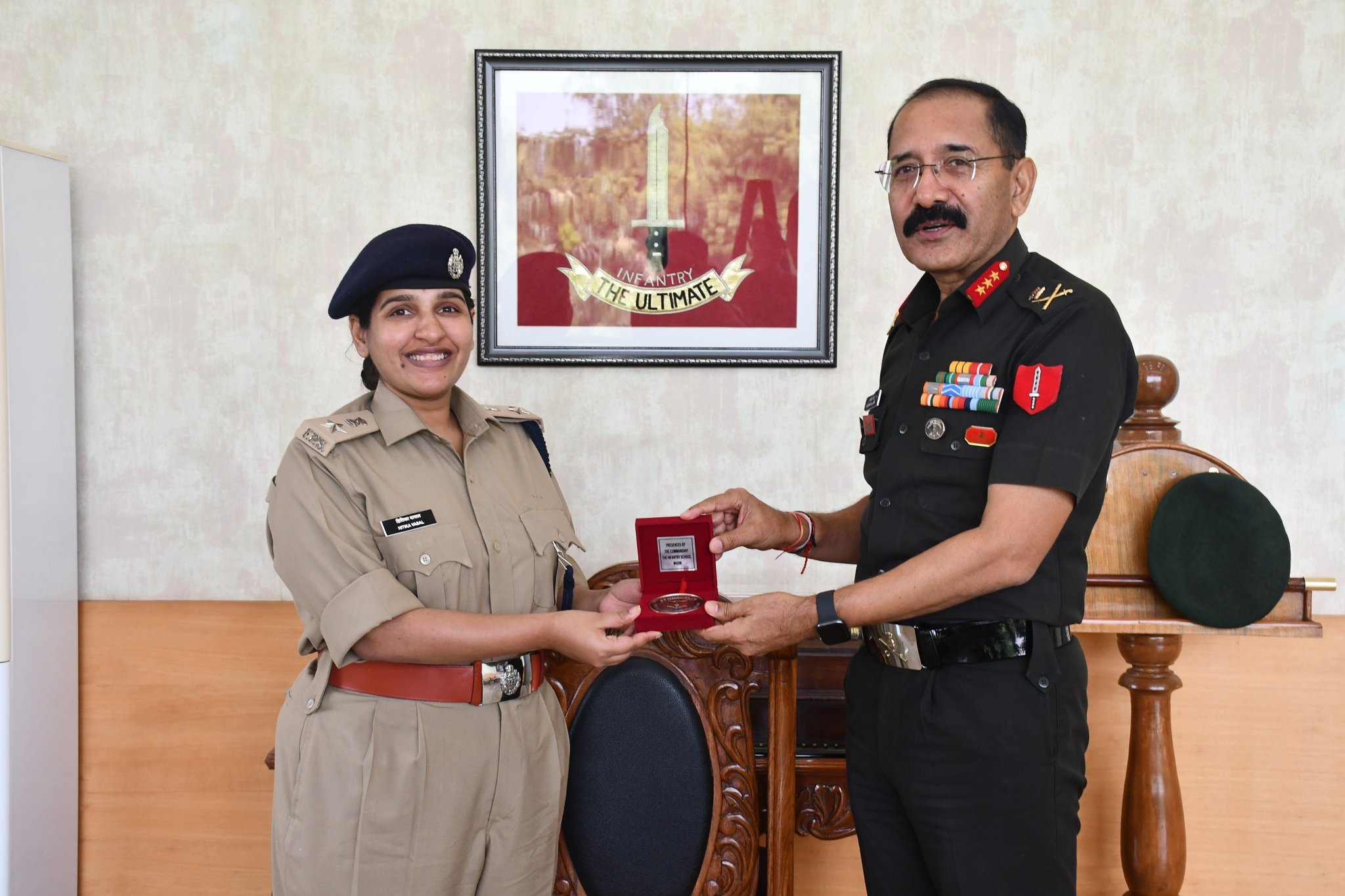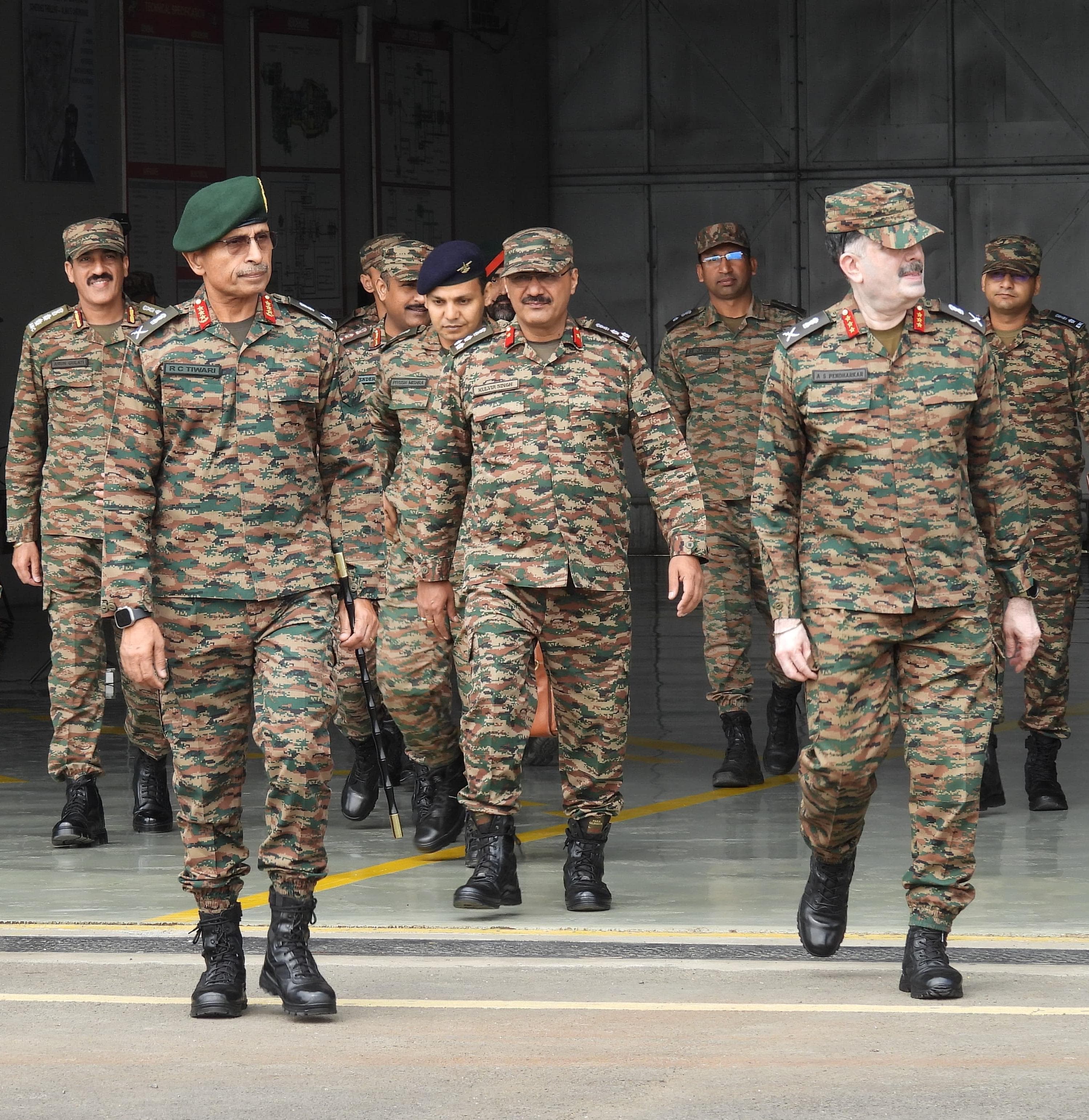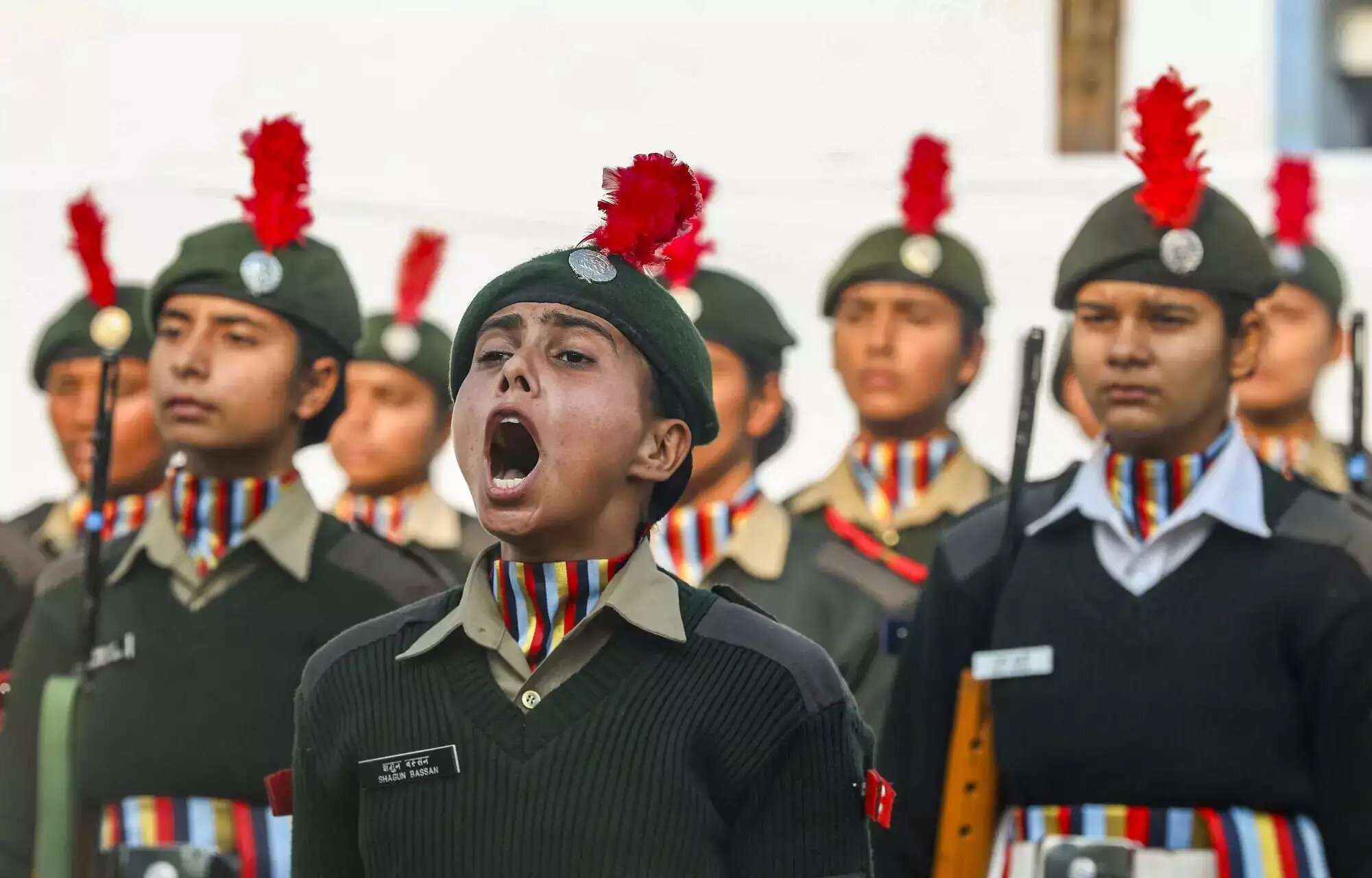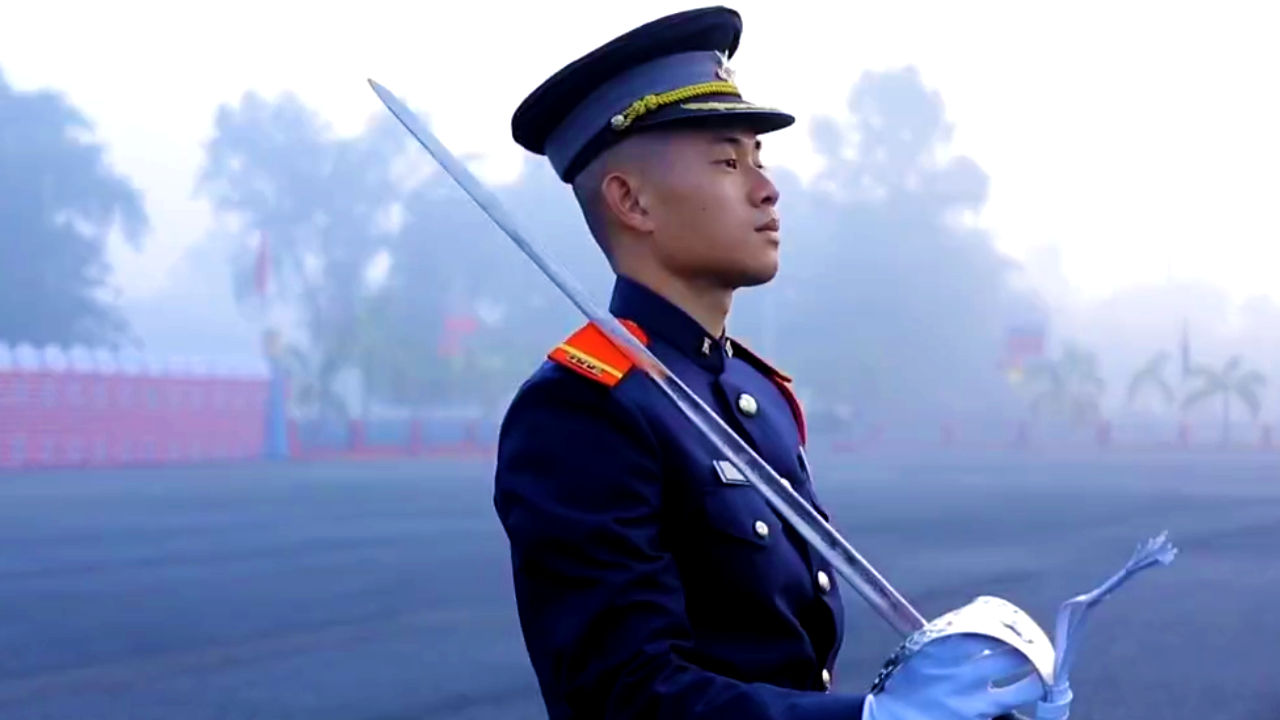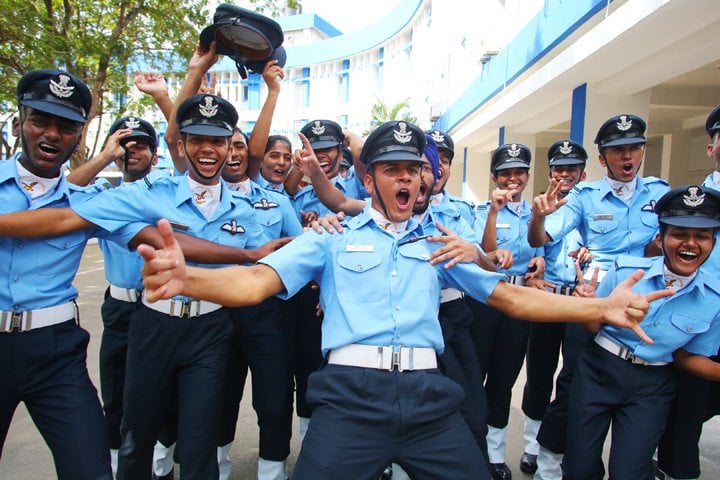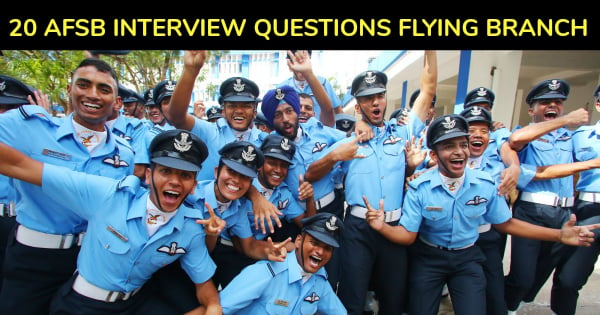The upcoming Sivakarthikeyan and Sai Pallavi starrer “Amaran” has ignited significant controversy, particularly over its depiction of Kashmir and its perceived propaganda for the Indian Army. Thirumurugan Gandhi, the founder of the May 17 Movement, has been vocal in criticizing the film, labeling it as “army propaganda” amid mounting concerns about Islamophobia and the negative portrayal of Kashmiri people.
At a press conference on November 11, director Rajkumar Periyasamy attempted to defend the film, stating that it should not be interpreted as a reflection of his personal political views. Periyasamy emphasized that, as a filmmaker, he sought to maintain a separation between his characters and his beliefs. He claimed that obtaining approval from the Indian Army was necessary for making a film with military themes and assured that the production adhered to all required protocols. He stated that “Amaran” had been screened to the Ministry of Defence and the Additional Directorate General of Public Information – Indian Army (ADGPI) in October, where it reportedly received praise.
In response, Thirumurugan Gandhi criticized Periyasamy’s remarks, asserting that the director’s admission of working closely with the army amounted to an acknowledgment of propaganda. He raised questions about the film’s perspective, challenging why the narrative did not include the voices and histories of the Kashmiri people themselves. Gandhi posed a thought-provoking comparison regarding how narratives from marginalized communities are portrayed, questioning whether stories of Tamil Eelam would be told from the perspective of Eelam Tamils or the Sri Lankan Army, highlighting a potential bias in storytelling.
“Amaran” is described as a biopic centered on the life of Major Mukund Varadarajan, who posthumously received the Ashok Chakra for his bravery during his service in Kashmir, where he was killed in action in 2014. However, various Muslim organizations have protested against the film, claiming it spreads anti-minority sentiments and fails to provide a comprehensive portrayal of Varadarajan’s life. These groups allege that the film aims to incite hatred against Muslims rather than objectively depict events.
Additionally, Gandhi’s criticisms included concerns over the film’s appropriation of the term “azaadi” (freedom), a slogan often associated with those campaigning for Kashmiri autonomy. He pointed out that the film features a song composed by GV Prakash, penned by Arivu, which is dedicated to the Indian Army while neglecting the complexities of local sentiments and politics surrounding Kashmir.
The activist further elaborated on the historical context of governance in Kashmir, correcting the film’s implication that elections were consistently obstructed. He provided examples of elected Kashmiri leaders facing incarceration, countering the notion that the region’s political processes were entirely disallowed.
The ongoing dialogue surrounding “Amaran” raises critical questions about representation in cinema and the ethical responsibilities of filmmakers when portraying sensitive political issues. As the film’s release approaches, the discourse continues to unfold, inviting scrutiny from various communities and stakeholders engaged with the realities of Kashmir.

